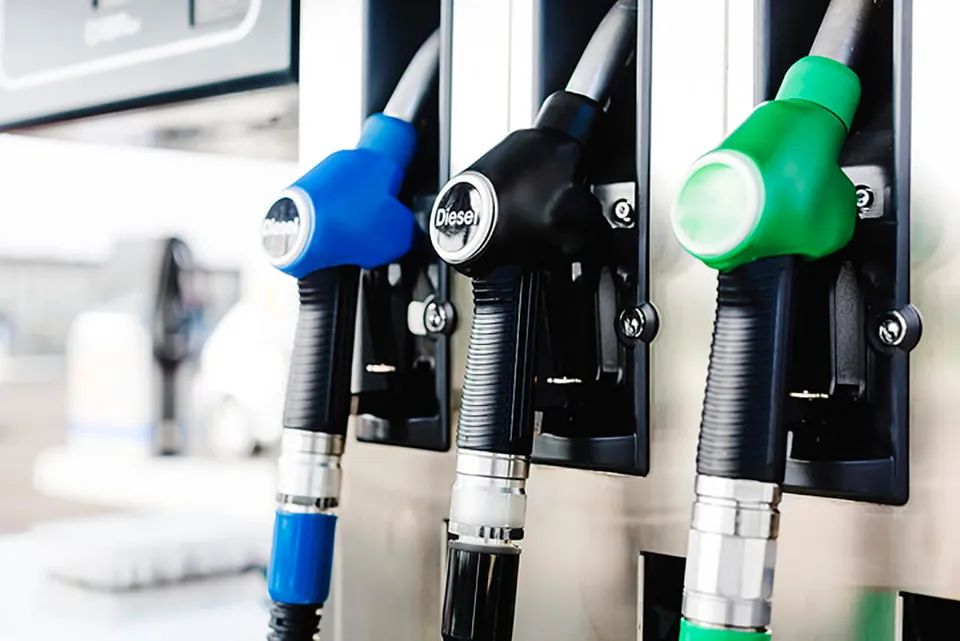Rapidly rising fuel prices are becoming the over-riding concern for fleet managers.
With petrol prices predicted to hit £1.50 a litre by September and diesel expected to hit that level even sooner, the cost of fuel is now having a massive effect on fleet policy decisions and company car selection.
Despite this, the use of fuel cards, one of the most useful tools in controlling fuel costs, is falling.
In a new report seen exclusively by Fleet News, 97% of fleet decision-makers mentioned fuel prices, up 11.2% year-on-year, as the factor likely to affect their fleet policy in the next 12 months.
According to the quarterly Company Car Trends report from GE Capital Solutions, Fleet Services, the soaring price of fuel is now the single most rapidly growing factor influencing the number of business miles drivers will cover in the next 12 months.
However, despite these levels of concern, the number one management tool available to company car operators for controlling fuel use is falling in popularity.
Just 41.2% of respondents said they used dedicated fuel cards – down a significant 9.6% year on year.
Rich Green, managing director at GE Capital Solutions, Fleet Services, said: “It is difficult to reconcile these trends.
“It is fair to say that they have now reached a level where many employers believe that fuel costs need to be managed on a day-to-day basis through some control over vehicle use.
“However, the most effective tool for bringing increased levels of control over fuel spend and fuel use is falling out of use in the market at a fairly dramatic rate. Fuel cards bring a number of positive advantages.”
Fuel cards are linked to a particular vehicle or driver, making fraud unlikely.
In addition, managers have more control over prices paid, and fuel receipts are removed as most card companies present a bill for total expenditure every week or month.
But fuel cards are only one aspect of managing down costs.
“Fleets have got to start taking journey planning more seriously and questioning whether all of their drivers’ miles are necessary,” said Jon Walden, managing director of Lex.
“This will help reduce fuel usage and reduce costs. Video-conferencing has also helped us to reduce fuel usage and driver journeys, as it would for any multi-site operation.”
Mr Walden points out that there is only so much a fleet manager can do to protect against rising fuel costs.
“Nothing can prevent fuel prices rising further unless the Government reduces fuel duty on or reduces the cost of diesel, which is the more fuel efficient option for company motorists,” he said.

















Login to comment
Comments
No comments have been made yet.